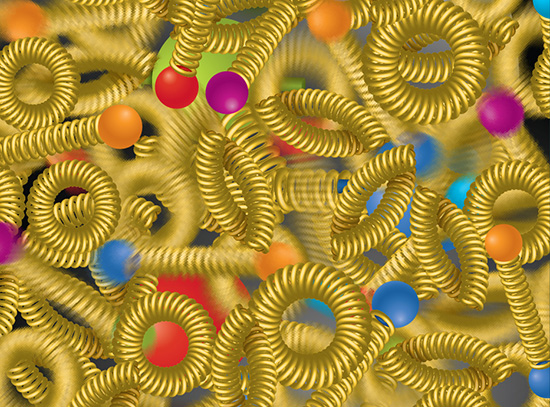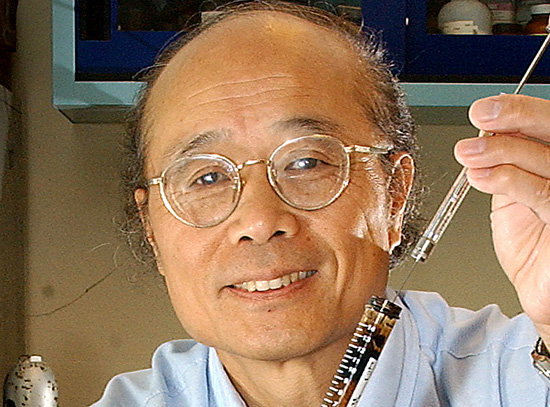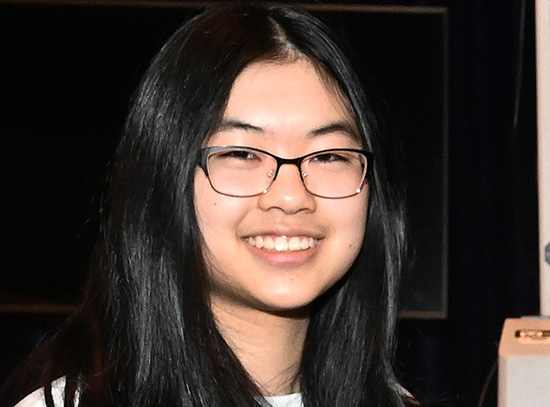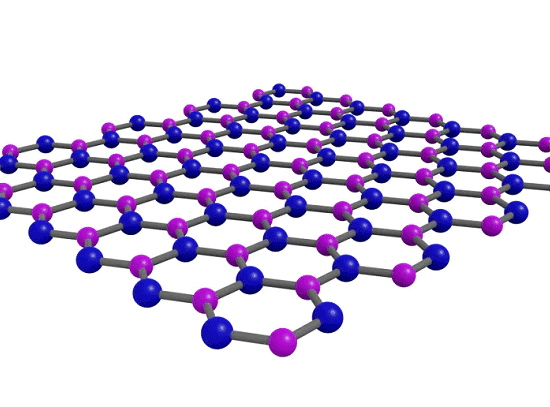In Memoriam: Praveen Chaudhari
January 19, 2010
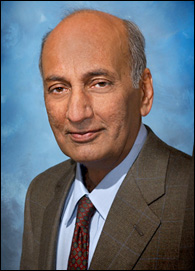
Praveen Chaudhari
Praveen Chaudhari, who was Director of the U.S. Department of Energy’s Brookhaven National Laboratory from April 1, 2003, to April 30, 2006, died on January 13. He died at the age of 72, after a long battle with cancer.
Brookhaven Lab Director Sam Aronson said, “Praveen truly left his mark on the Laboratory. He helped guide Brookhaven through some very challenging times, and he did it with pride and integrity. He is largely responsible for putting the Laboratory on a path that led directly to the vision we’re following today – one that has resulted in numerous successes, including the construction of the Center for Functional Nanomaterials and the award of the National Synchrotron Light Source II project.”
Chaudhari shepherded the Laboratory through a period of significant funding challenges. During his tenure, he helped to develop a vision for science and operations to put the Laboratory on a firm path for the future, including securing funding for its flagship facility, the Relativistic Heavy Ion Collider (RHIC); making investments in scientific computing, the Center for Functional Nanomaterials, and the National Synchrotron Light Source-II project; and fostering the kind of interdisciplinary science that is essential for breakthroughs in energy and the life sciences.
Peter Paul, who is currently Research Professor of Physics at Stony Brook University, was Deputy Director for Science and Technology when Chaudhari was the Lab Director. Paul commented, “As the person who introduced Praveen to the research enterprise of the Laboratory, I was immediately impressed with how quickly he embraced the full breadth of Brookhaven’s science, including the science of RHIC, which he later defended against budget cuts. His deep love for science and his uncompromising drive for excellence, which was only slightly masked by his genteel, friendly and soft-spoken demeanor, matched Brookhaven Lab’s historical striving for excellence. For a scientist like myself, it was an absolute pleasure to work with him.”
William F. Hempfling, who is now retired but served as the Laboratory’s Director of Human Resources during Chaudhari’s tenure, remembered him in this way: “Praveen was a wonderful lab director, and it was a pleasure to have him as my boss. Over the years, we developed a true friendship and continued to get together up until the point that he became too ill for us to do so. He was devoted to his family, and I was honored to be counted among his friends. I admired him greatly for his personal integrity, leadership skills, sense of humor, and the way he cared for Brookhaven Lab and its employees. I know that I speak for many people when I say that he will be missed immensely.”
Born in Ludhiana, India, Chaudhari earned a B.S. from the Indian Institute of Technology, 1961, and both an M.S. and Sc.D. from the Massachusetts Institute of Technology, 1963 and 1966, respectively. In 1966, he joined IBM’s Research Division, headquartered at the Watson Research Center in Yorktown, New York. Chaudhari had a productive 36-year career with IBM as a scientist and senior manager of research.
Chaudhari was appointed Director, in 1981, and Vice-President of Science, in 1982. In this capacity, he was responsible for IBM’s science programs not only at Watson, but also at the Almaden Research Center, in California, and at the Zurich Research Laboratory, in Switzerland. The science programs flourished during Chaudhari’s management tenure in the IBM Research Division. Materials research, for example, became the basis of the $2-billion-a-year optical-disk industry. Also on Chaudhari’s watch, IBM scientists captured Nobel Prizes in physics for two consecutive years, in 1986 for developing the scanning tunneling microscope, and then in 1987 for discovering high-temperature superconductivity in a new class of materials. During those later years, Chaudhari restarted his own research, working as both manager and hands-on scientist. In 1991, he returned full-time to research.
As a scientist, Chaudhari had worked on the structure and properties of amorphous solids, mechanical properties of thin films, defects in solids, quantum transport in disordered systems, superconductivity, liquid crystal alignment on substrates, and on the magnetic monopole experiment. He has published over 150 technical papers, and holds over 20 patents.
For his achievements, Chaudhari had been honored with numerous awards. These include the Institute of Electrical and Electronics Engineers, Inc., Morris N. Liebmann Memorial Award (1992) for “the discovery of amorphous magnetic films in magneto-optic data storage systems;” the Massachusetts Institute of Technology Harry C. Gatos Distinguished Lecture and Prize (1994) in the field of electronic materials research; and the National Medal of Technology (1995) for “the discovery and development of a new class of materials – the amorphous magnetic materials – that are the basis of erasable, read-write, optical storage technology, now the foundation of the worldwide magnetic-optic disk industry.” Chaudhari was also the recipient of the American Physical Society’s George E. Pake Award (1987) for his personal contributions to science and science management, and of the Excellence Award of the US Pan Asian American Chamber of Commerce.
He was a member of the National Academy of Sciences and the National Academy of Engineering and a fellow of the American Academy of Arts and Sciences and the American Physical Society. He served on a number of professional committees, including the Physics Policy Committee of the American Physical Society, the Governing Board of the New York Academy of Sciences, the National Science Foundation Advisory Committee to the Mathematical and Physical Sciences (chair), and the Scientific Advisory Council of the International Center for Theoretical Physics (chair) in Trieste, Italy. Chaudhari co-chaired the National Research Council Study on Materials Science and Engineering, which was the basis of a Presidential initiative in advanced materials and processing programs, announced by the White House in January 1992.
Chaudhari was executive secretary of President Reagan's Advisory Council on Superconductivity (1988). He was a member of the National Commission on Superconductivity, which reported its findings to President Bush (1989). He served on the US National Critical Technologies Panel (1992 and 1993). In 1988, Chaudhari reported on science and technology to Prime Minister Rajiv Gandhi of India; in 1993, at the request of the Indian Minister for Sciences and Technology, he led an IBM group to evaluate India’s parallel computer activities; and, in 1994, he made a presentation to Indian Prime Minister Rao on materials and critical technologies.
Chaudhari, who lived in Briarcliff Manor, New York, is survived by his wife, Karin; his son, Ashok; and his daughter, Pia. A memorial service will be held on January 25, at 11 a.m. at Scarborough Presbyterian Church, 655 Scarborough Road & Route 9, Scarborough, NY.
The family requests that, in lieu of flowers, donations be made to the Ossining Food Pantry.
2010-1598 | INT/EXT | Newsroom




